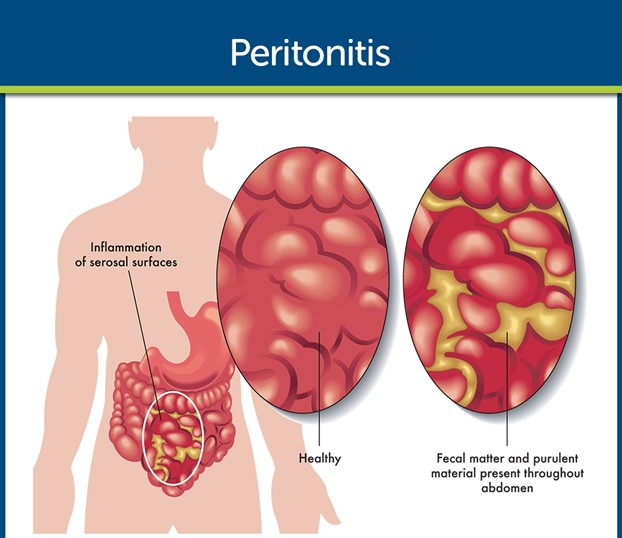Which of the following would a nurse include in a teaching plan for a client with benign prostatic hyperplasia who is not yet a candidate for surgery?
Maintaining optimal bladder emptying.
Doing leg exercises at least daily.
Using appropriate coping to allay anxiety.
Performing deep breathing exercises periodically.
The Correct Answer is A
Maintaining optimal bladder emptying. A client with benign prostatic hyperplasia (BPH) may have difficulty urinating due to an enlarged prostate gland. To maintain optimal bladder emptying, the nurse may teach the client to double void, sit down while urinating, and avoid caffeine and alcohol.
Leg exercises, choice B, may be helpful in preventing blood clots but are not directly related to BPH.
Coping strategies, choice C, may be helpful for reducing anxiety but do not address the management of BPH.
Deep breathing exercises, choice D, may be helpful for reducing anxiety but do not address the management of BPH.
Nursing Test Bank
Naxlex Comprehensive Predictor Exams
Related Questions
Correct Answer is C
Explanation
Peritonitis. The assessment findings of an absence of bowel sounds and a very rigid abdomen in a client with severe abdominal pain, nausea, and vomiting are indicative of peritonitis. Peritonitis is an inflammation of the peritoneum, the thin tissue that lines the inner wall of the abdomen and covers most of the abdominal organs. The inflammation can occur due to an infection or other causes, and it can cause abdominal pain, nausea, vomiting, and a rigid abdomen. An absence of bowel sounds is also a characteristic finding of peritonitis.

A is not the correct answer because ulcerative colitis is a chronic inflammatory bowel disease that causes inflammation and ulcers in the colon and rectum.
B is not the correct answer because appendicitis is inflammation of the appendix, which can cause right lower quadrant abdominal pain, nausea, vomiting, and fever.
D is not the correct answer because diverticulitis is inflammation of one or more diverticula, which are small pouches that can form in the colon. It can cause left lower quadrant abdominal pain, fever, diarrhea, or constipation.
Correct Answer is D
Explanation
Schedule injection on a nondialysis day. Epoetin is a medication used to stimulate the production of red blood cells. It is important to administer the medication on the day that the client is not receiving dialysis to prevent the medication from being removed from the bloodstream during the dialysis process.
Administering epoetin immediately after dialysis, choice B may result in decreased effectiveness.
Administering with low-dose aspirin, choice A, is not a standard recommendation for the administration of epoetin.
Monitoring the complete blood count prior to the dose, choice C is not the most important consideration when administering epoetin.
Whether you are a student looking to ace your exams or a practicing nurse seeking to enhance your expertise , our nursing education contents will empower you with the confidence and competence to make a difference in the lives of patients and become a respected leader in the healthcare field.
Visit Naxlex, invest in your future and unlock endless possibilities with our unparalleled nursing education contents today
Report Wrong Answer on the Current Question
Do you disagree with the answer? If yes, what is your expected answer? Explain.
Kindly be descriptive with the issue you are facing.
